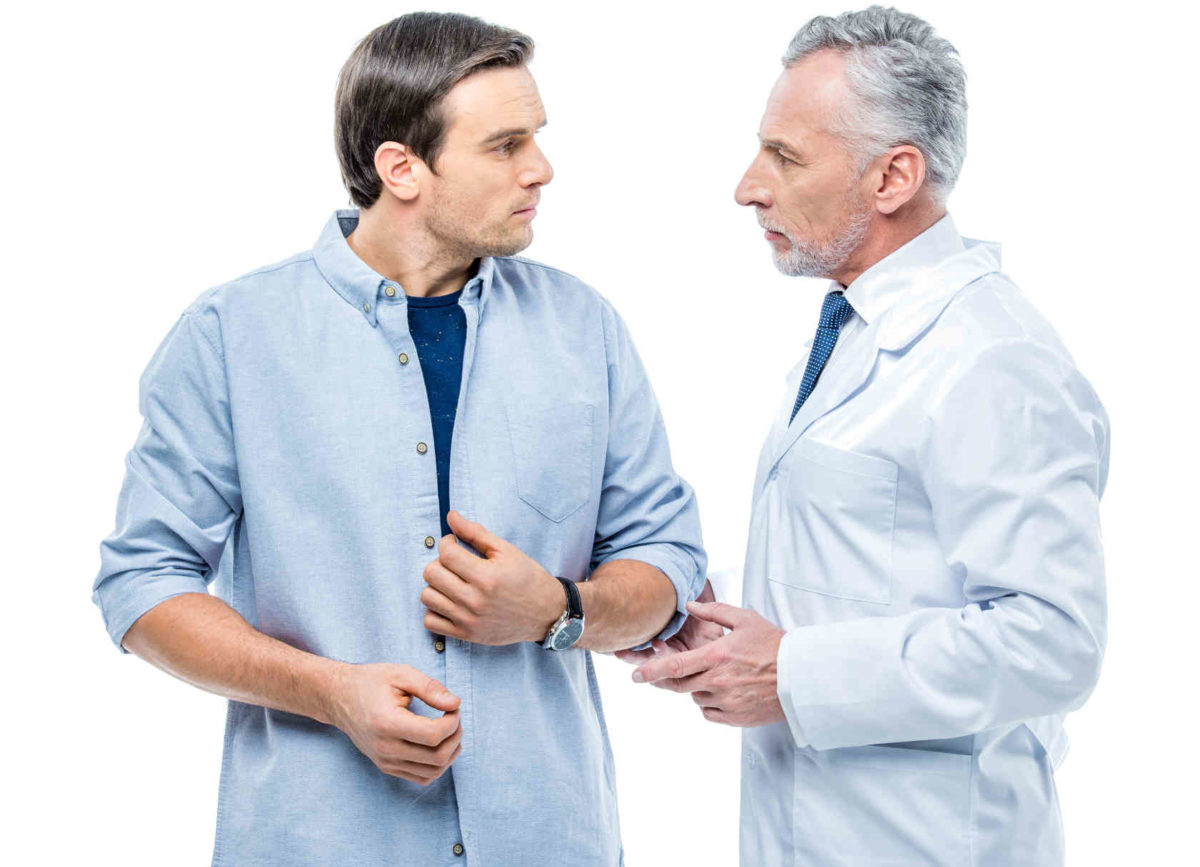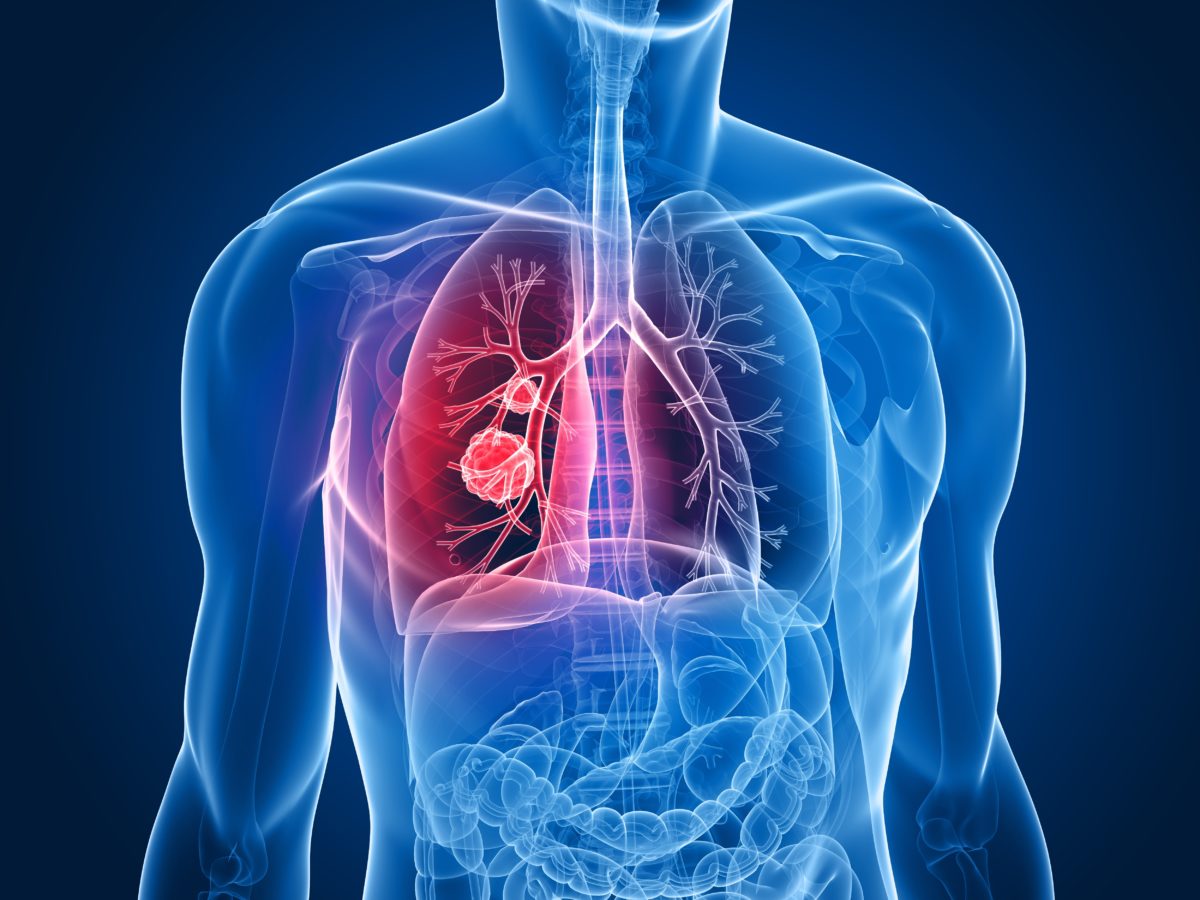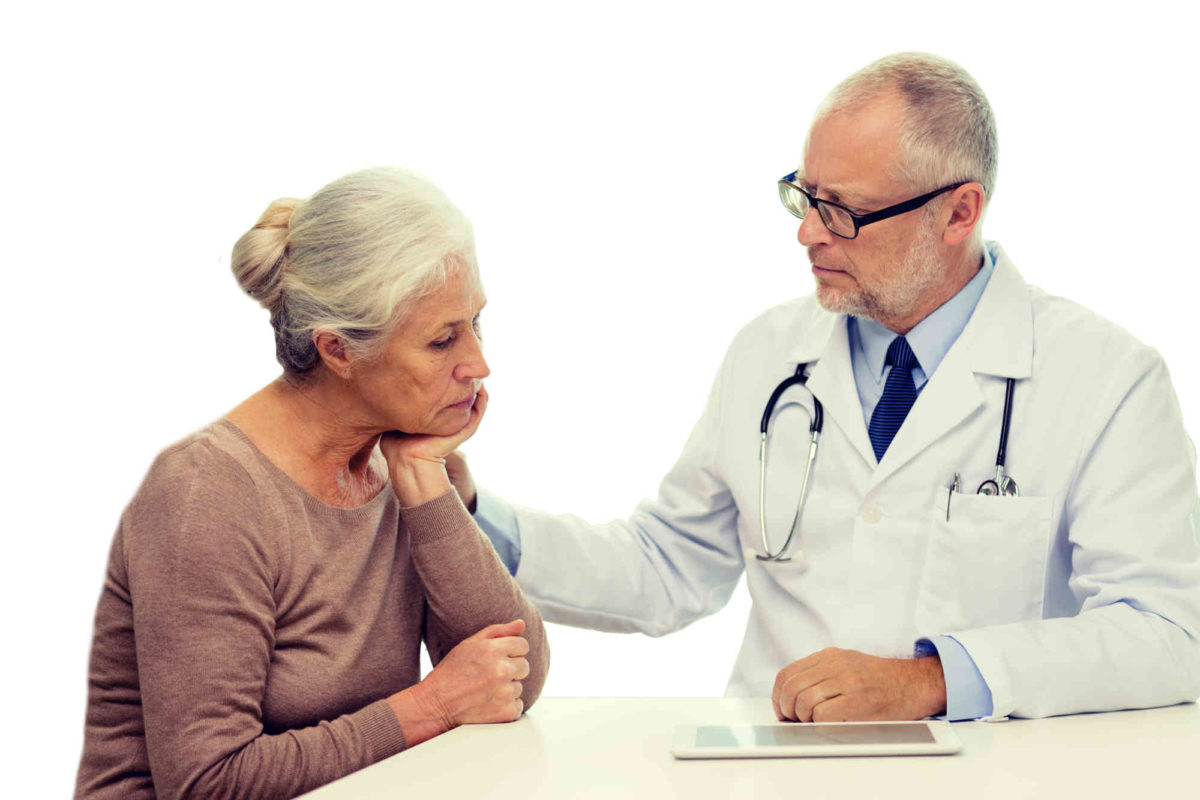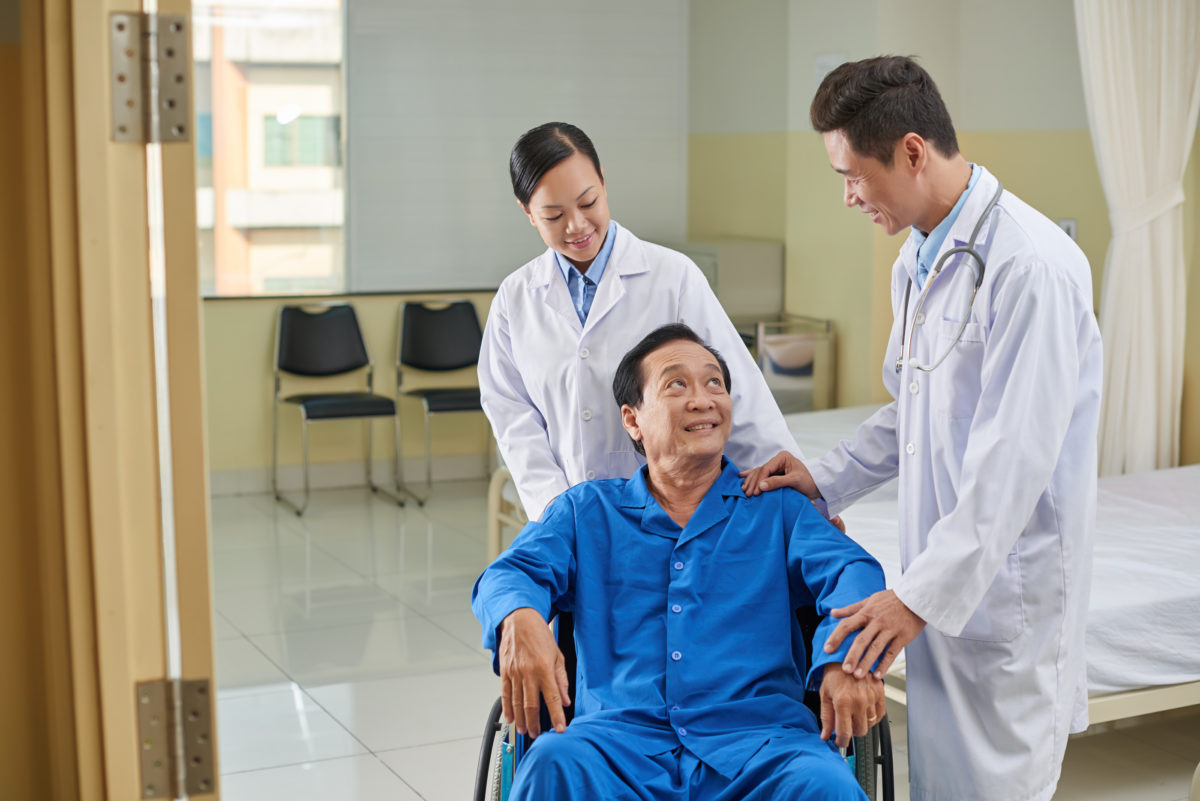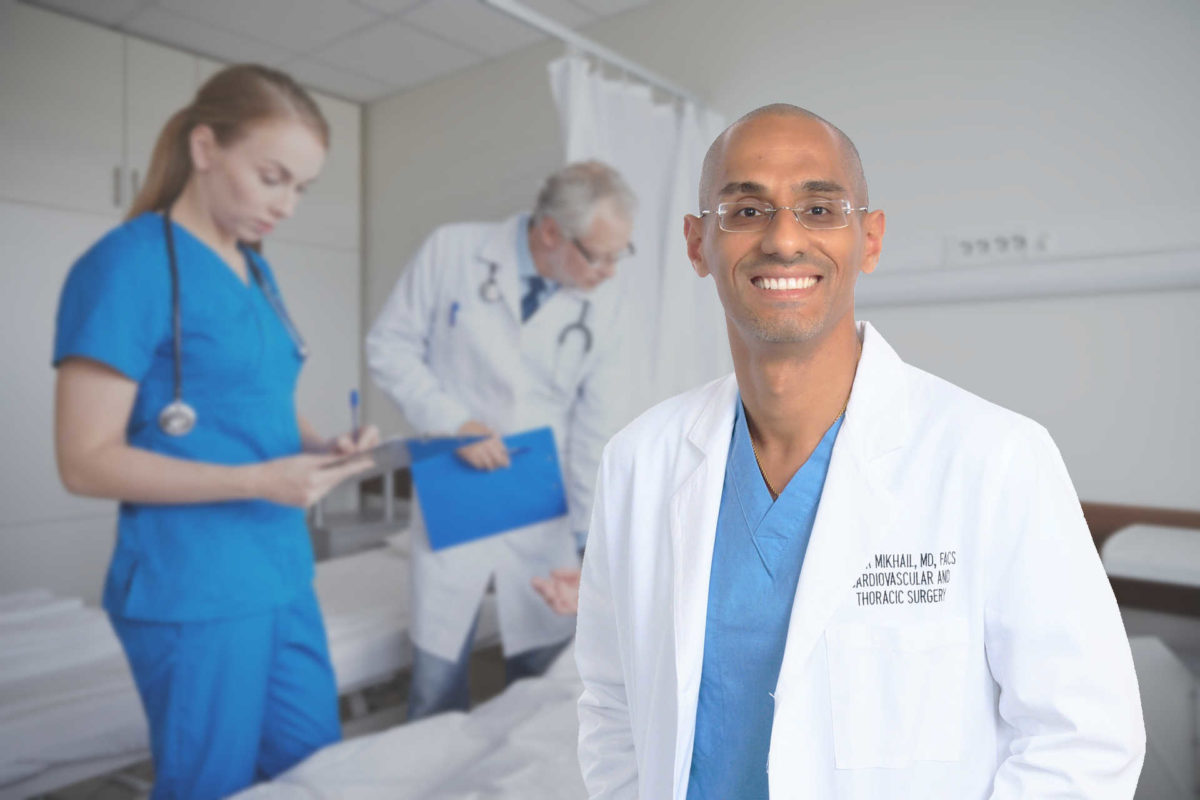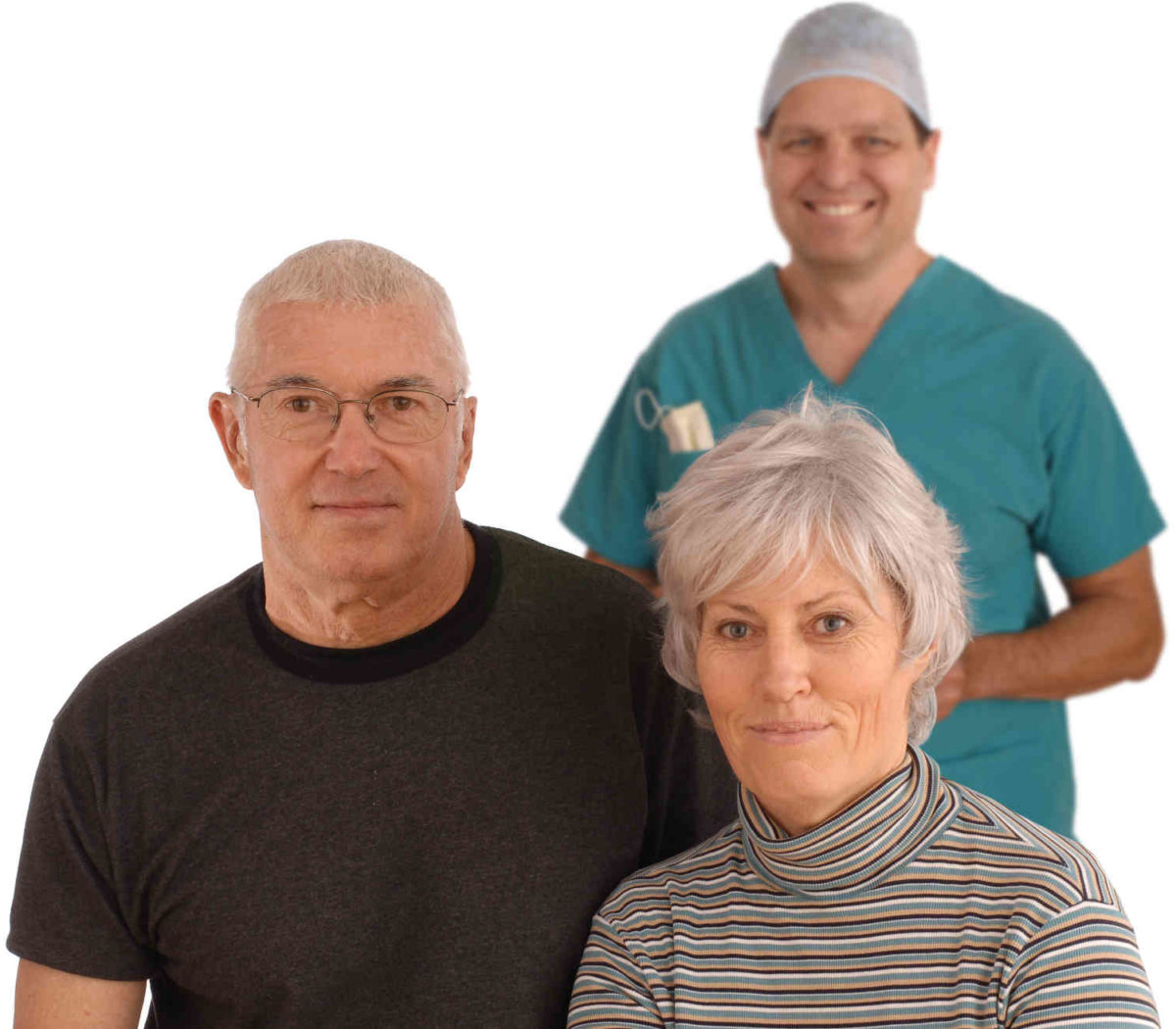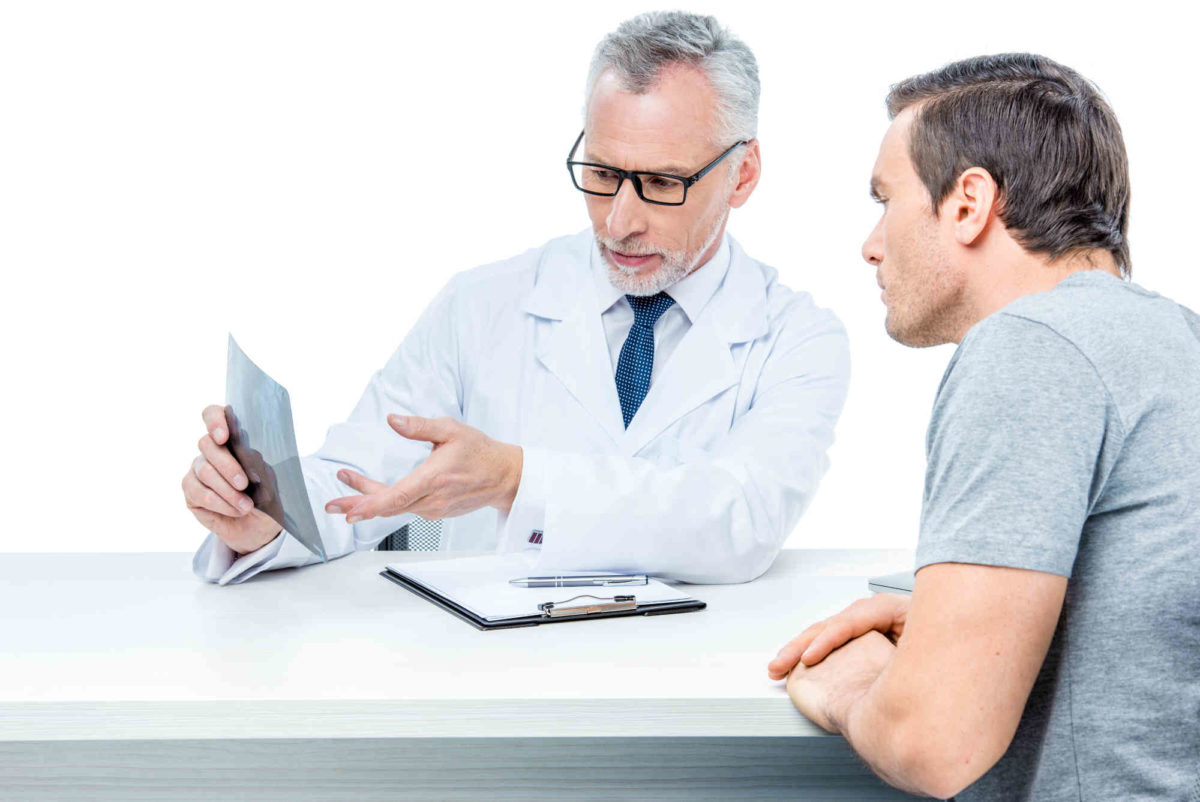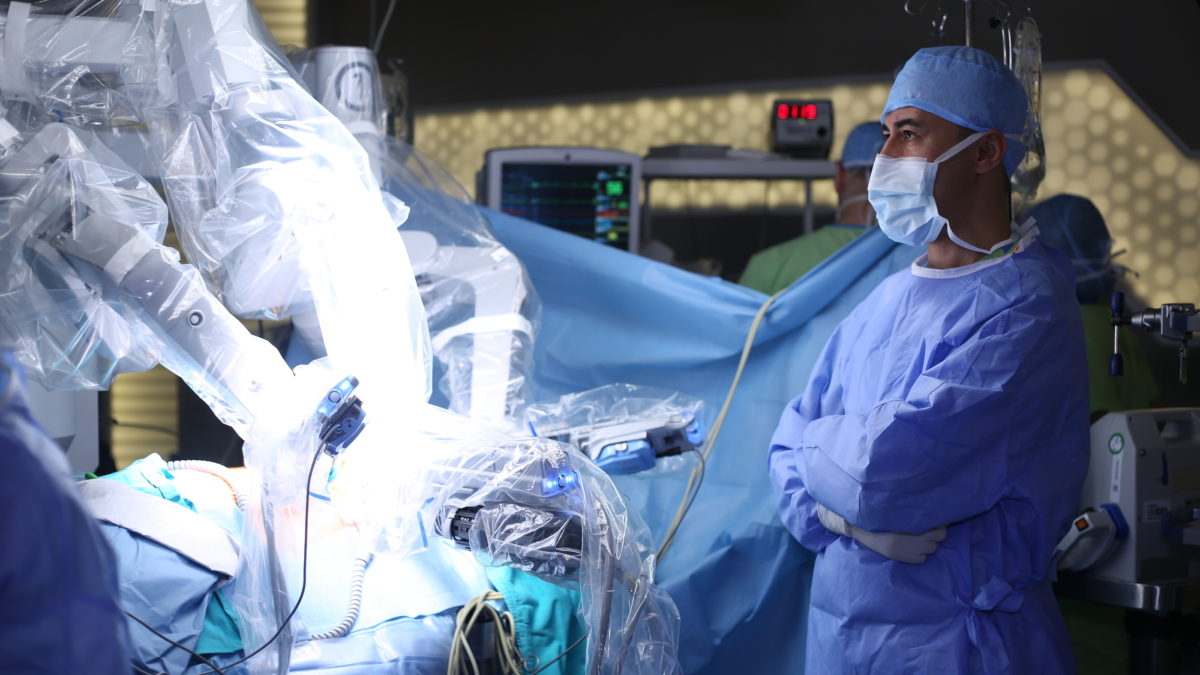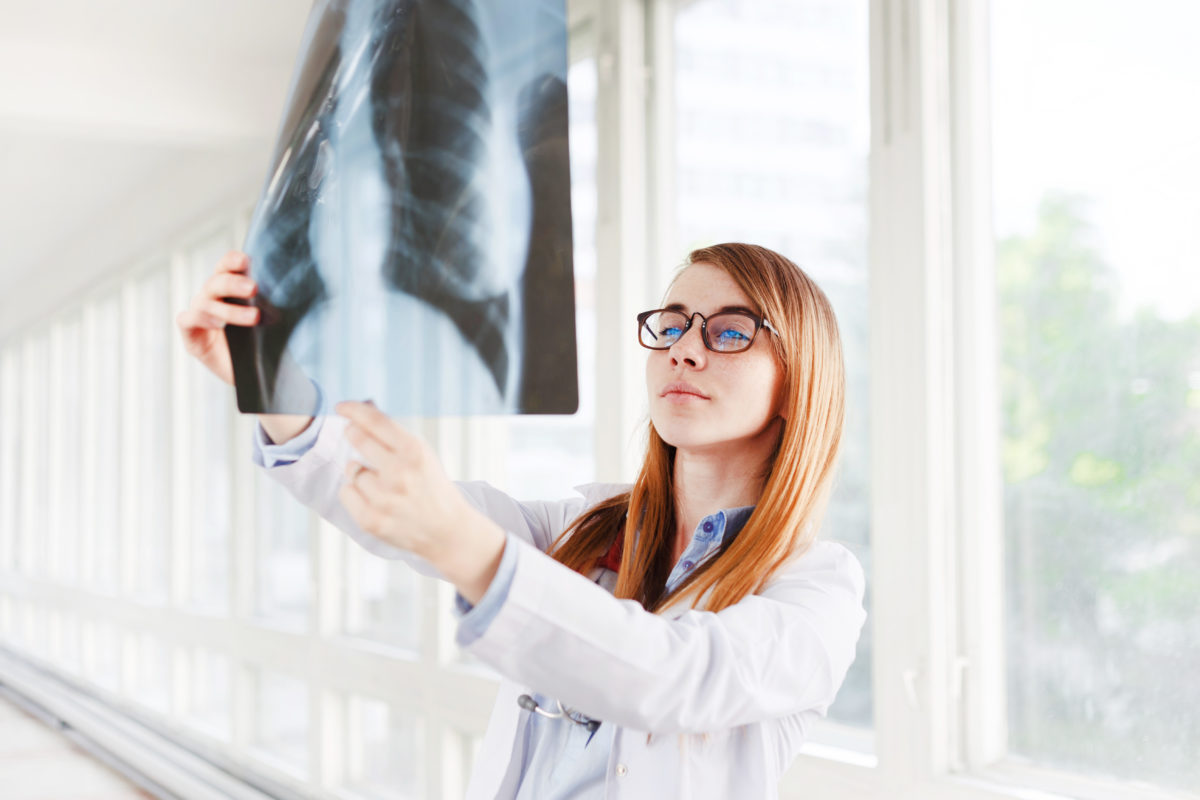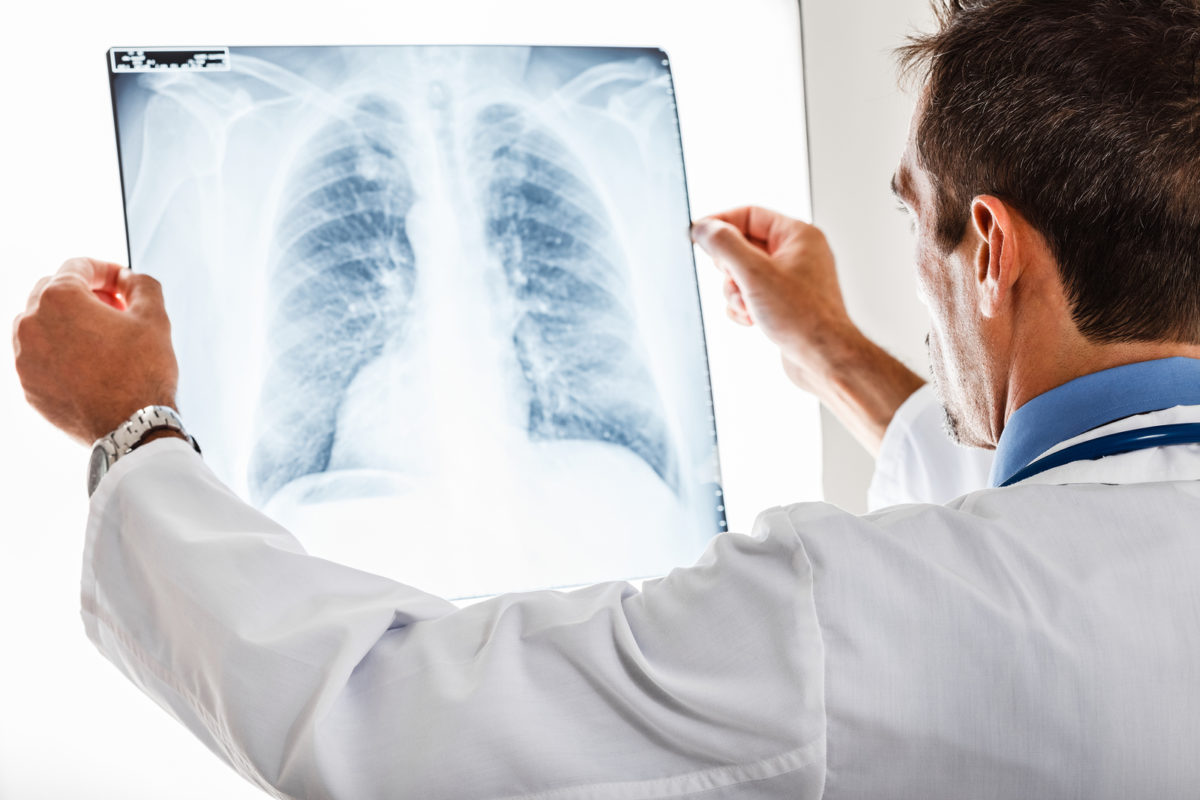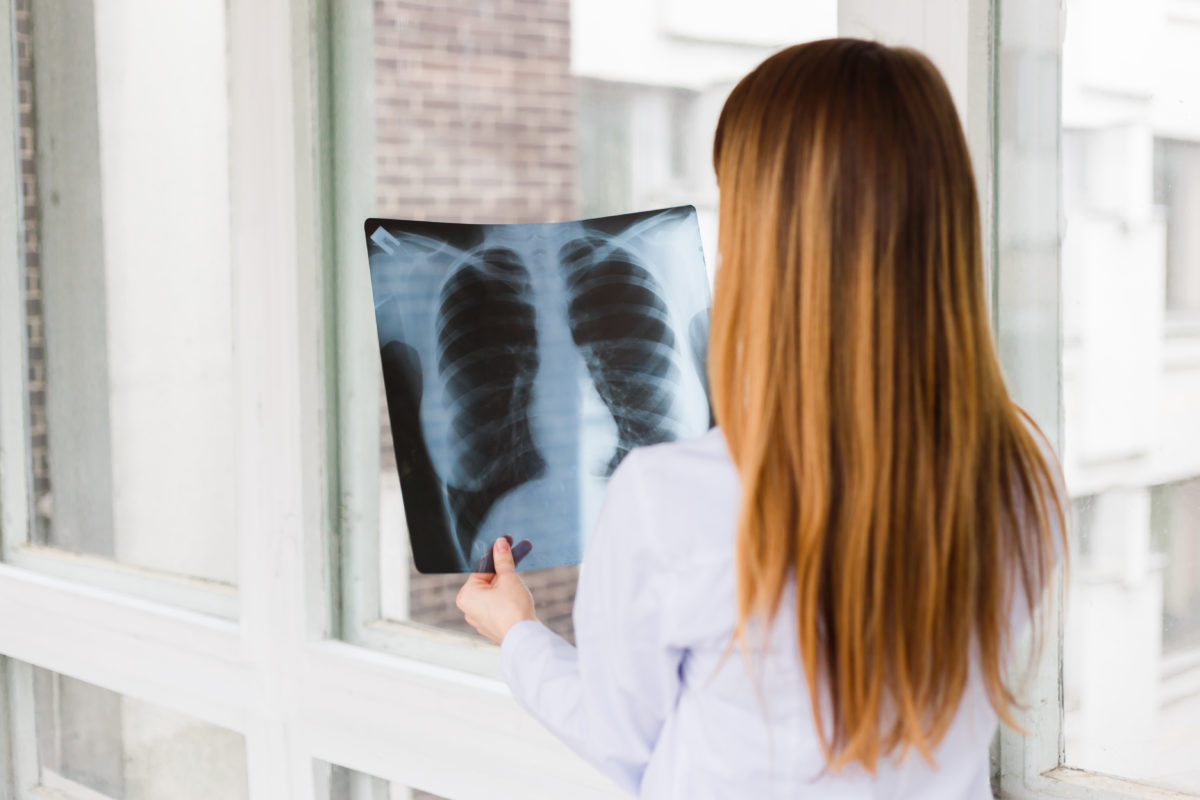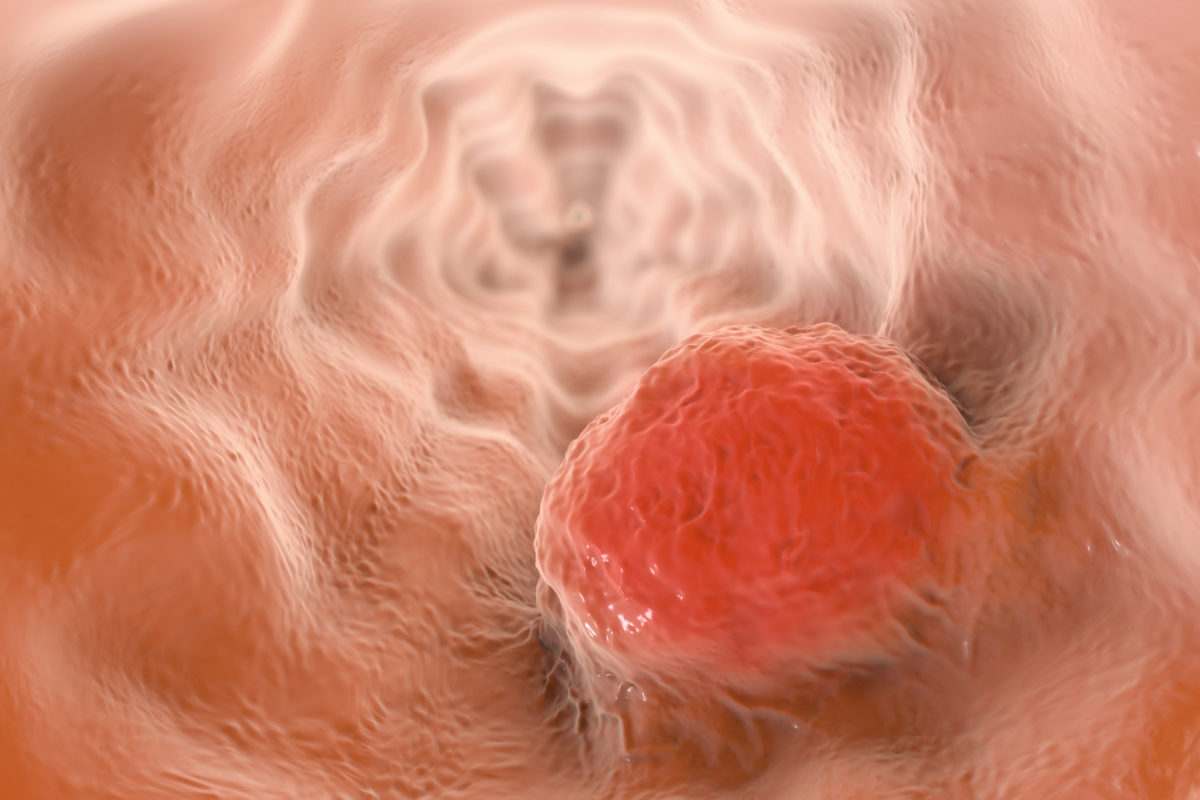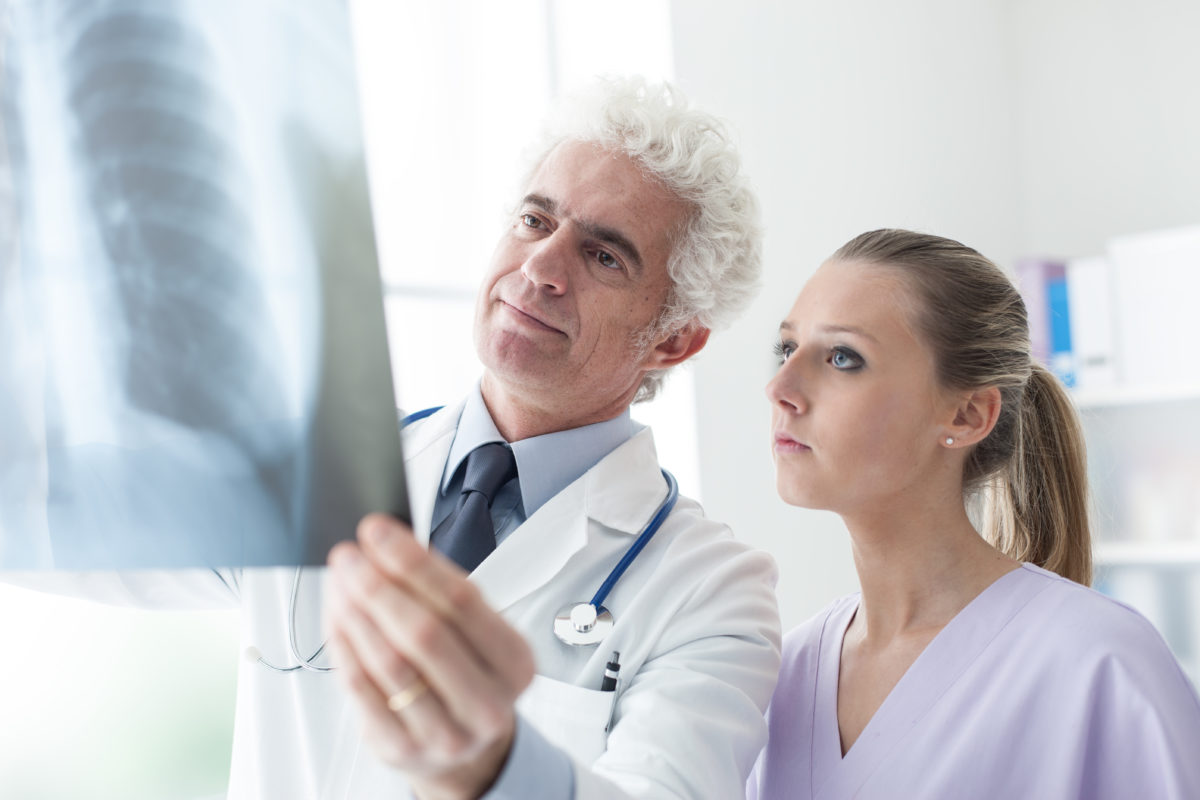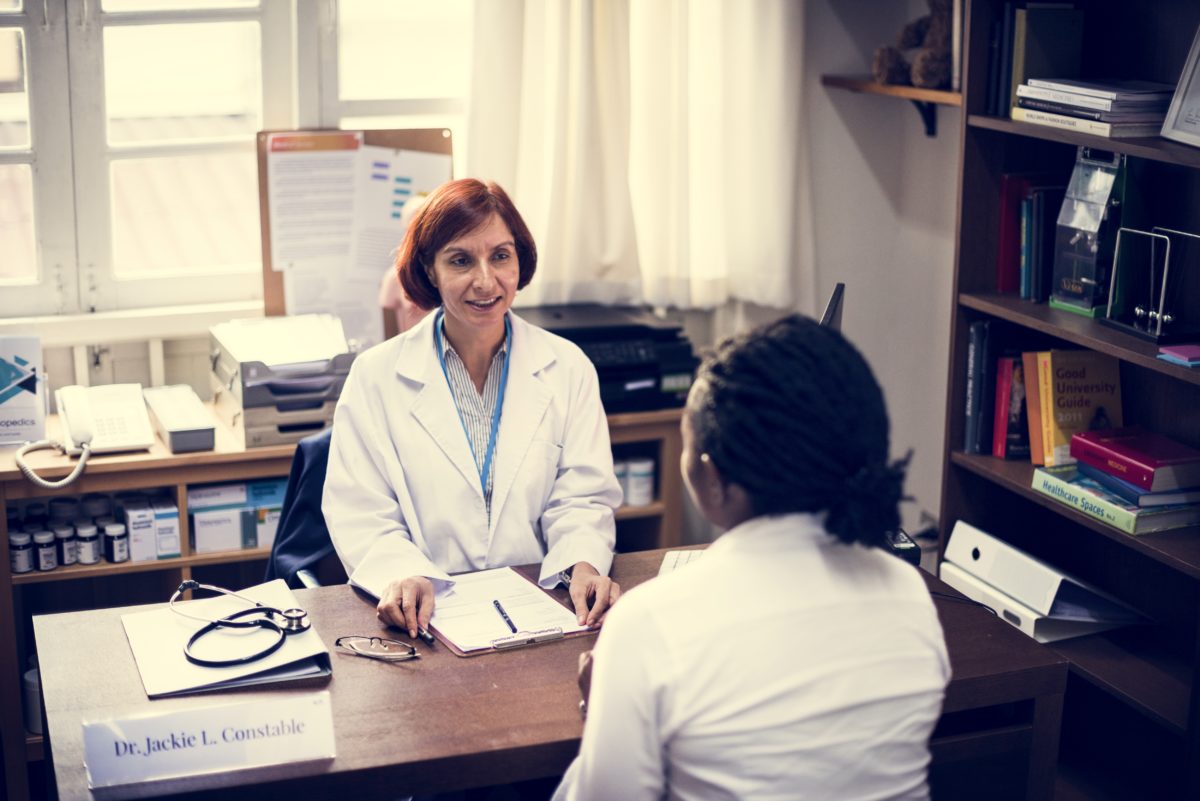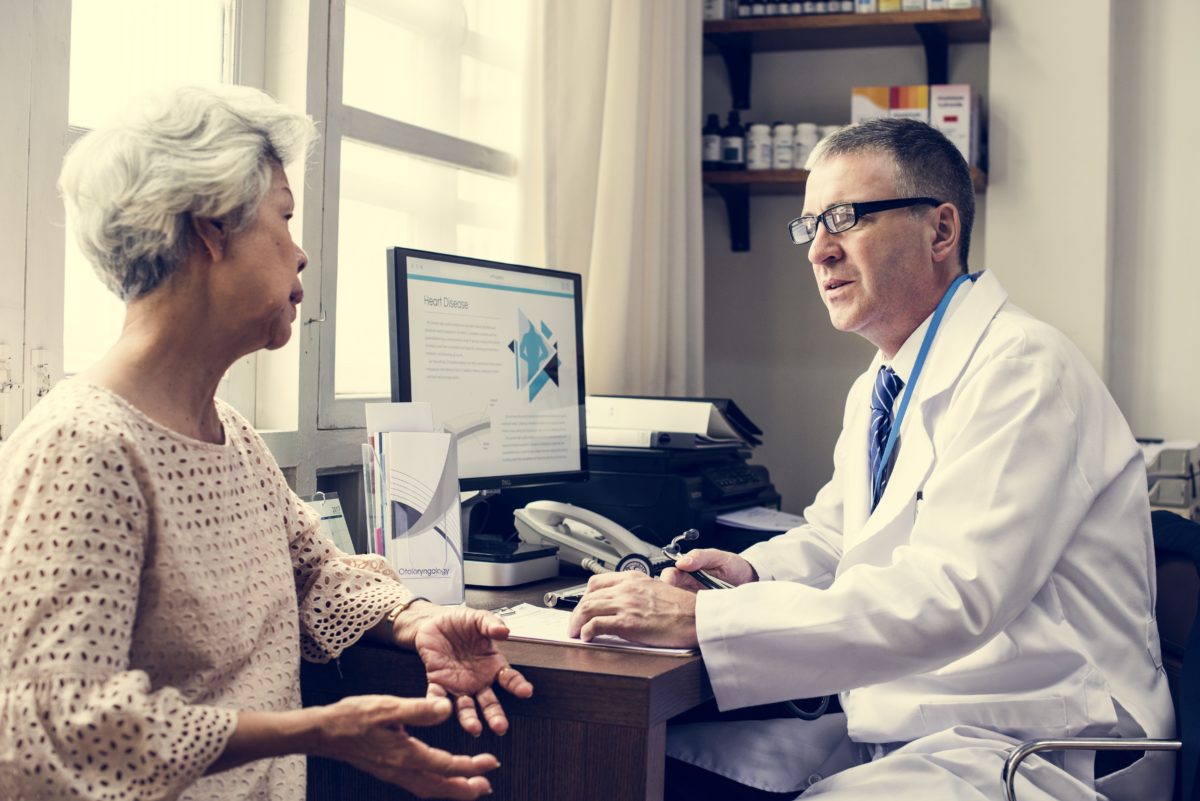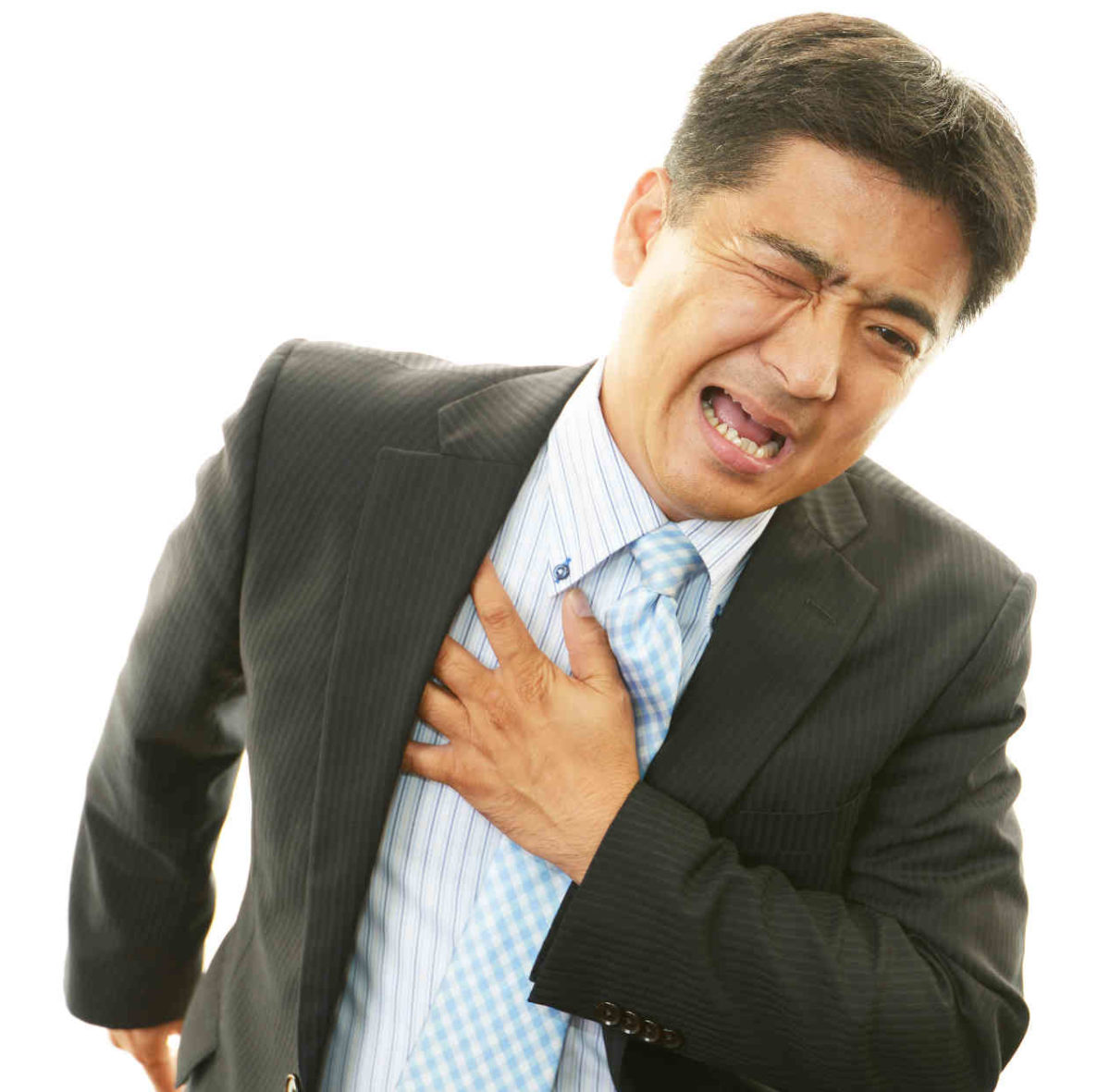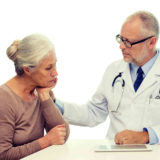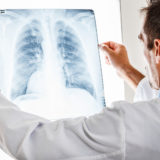A lung cancer diagnosis is scary. It’s the second most common cancer among men and women. Fourteen percent of all new cancer diagnoses each year are lung cancers. The American Cancer Society estimates that 234,030 people will be diagnosed with lung cancer in 2018 and 154,050 people will die from lung cancer in 2018.
When a person is diagnosed, he or she talks with the doctor about treatment options that include chemotherapy, surgery, and radiation therapy. However, there are many non-medical and more natural ways of helping yourself survive lung cancer, as well.
As a robotic lung surgeon and specialist, I meet with patients to discuss treatment options. Depending on your stage of cancer, medical history, and age, we will determine the best treatment for you. In this article, I share some things you can do on your own to try and beat cancer.
- Make sure you have a good support system. You will need good emotional support during this time. Whether it’s friends, family, or a licensed therapist, you should find support people to talk to. You might even want to joint a support group with other cancer fighters and survivors.
- Be honest with yourself about your state of mind during your time fighting the cancer. If you feel depressed or anxious, don’t ignore it or hide it. Tell a doctor and seek out help. Studies have shown that people with advanced stages of lung cancer who have acute or mild depression lived only half as long as those who were happy/not depressed. Depressed people living with lung cancer had a 2 to 10 times higher risk of suicide than the average person, as well. Please don’t bury your feelings. If you aren’t happy, let someone know and try and get help.
- Ask for palliative care. Palliative care is not hospice, but it is support and care from nurses, doctors, and social workers. A study showed lung cancer patients who had a palliative care consult lived at least two-and-a-half months longer than those who didn’t.
- A healthy diet. Stick to fruits, vegetables, whole grains, and lean meats. Make sure your foods are whole foods. Try to eliminate processed and fried foods. Fuel your body with real food with vitamins and minerals that can help keep your strong during your cancer fight.
Book an Appointment with a Tampa Robotic Lung Surgeon
If you are currently living with lung cancer, robotic lung surgery could be the best option to remove the cancer.
Dr. Peter Mikhail is a robotic lung specialist and surgeon who performs robotic lung surgery to treat lung cancer. He will evaluate you and determine if you are a good candidate for this surgery. To learn more about robotic lung surgery, click Dr. Mikhail’s Tampa Robotic Lung Surgery page or call his office at 727-312-4844 to book an appointment or for more information. Dr. Mikhail has offices in Tampa and New Port Richey, Florida.



